I have a round robin tournament where I create all the games necessary (7 games per participant) for 8 teams. I however need 10 games per participant which means I need to duplicate matchups, and on top of that 1 and 5 can't play each other. You can see from the data below the games I generated for each participant (# of games) in the order it was created which would be the round.
I am trying to figure out the best possible way to duplicate the matchups and evently distribute the matchups in such a way that there aren't matchups that duplicate three times and still retain 10 games per participant and having 1 and 5 not play each other. Any suggestions would be helpful how to figure this out. This also needs to be a generic solution where other possibilities still work.
1 (6)
1 vs 2
1 vs 3
1 vs 4
1 vs 6
1 vs 7
1 vs 8
2 (7)
1 vs 2
2 vs 4
2 vs 3
2 vs 6
2 vs 5
2 vs 8
2 vs 7
3 (7)
3 vs 4
1 vs 3
2 vs 3
3 vs 7
3 vs 8
3 vs 5
3 vs 6
4 (7)
3 vs 4
2 vs 4
1 vs 4
4 vs 8
4 vs 7
4 vs 6
4 vs 5
5 (6)
5 vs 6
5 vs 7
5 vs 8
2 vs 5
3 vs 5
4 vs 5
6 (7)
5 vs 6
6 vs 8
6 vs 7
2 vs 6
1 vs 6
4 vs 6
3 vs 6
7 (7)
7 vs 8
5 vs 7
6 vs 7
3 vs 7
4 vs 7
1 vs 7
2 vs 7
8 (7)
7 vs 8
6 vs 8
5 vs 8
4 vs 8
3 vs 8
2 vs 8
1 vs 8
